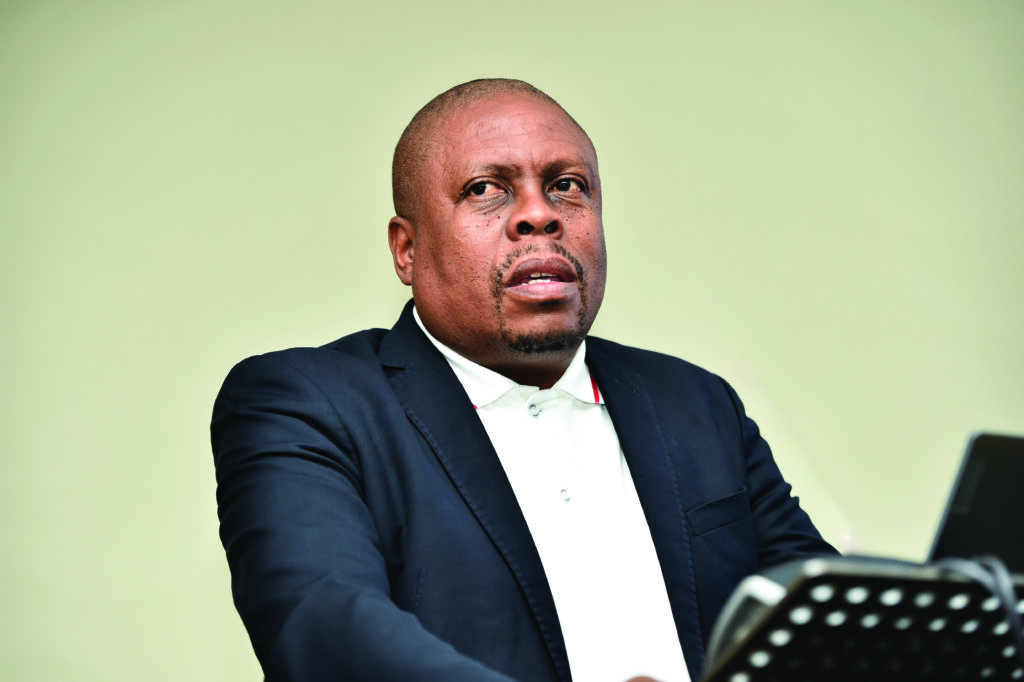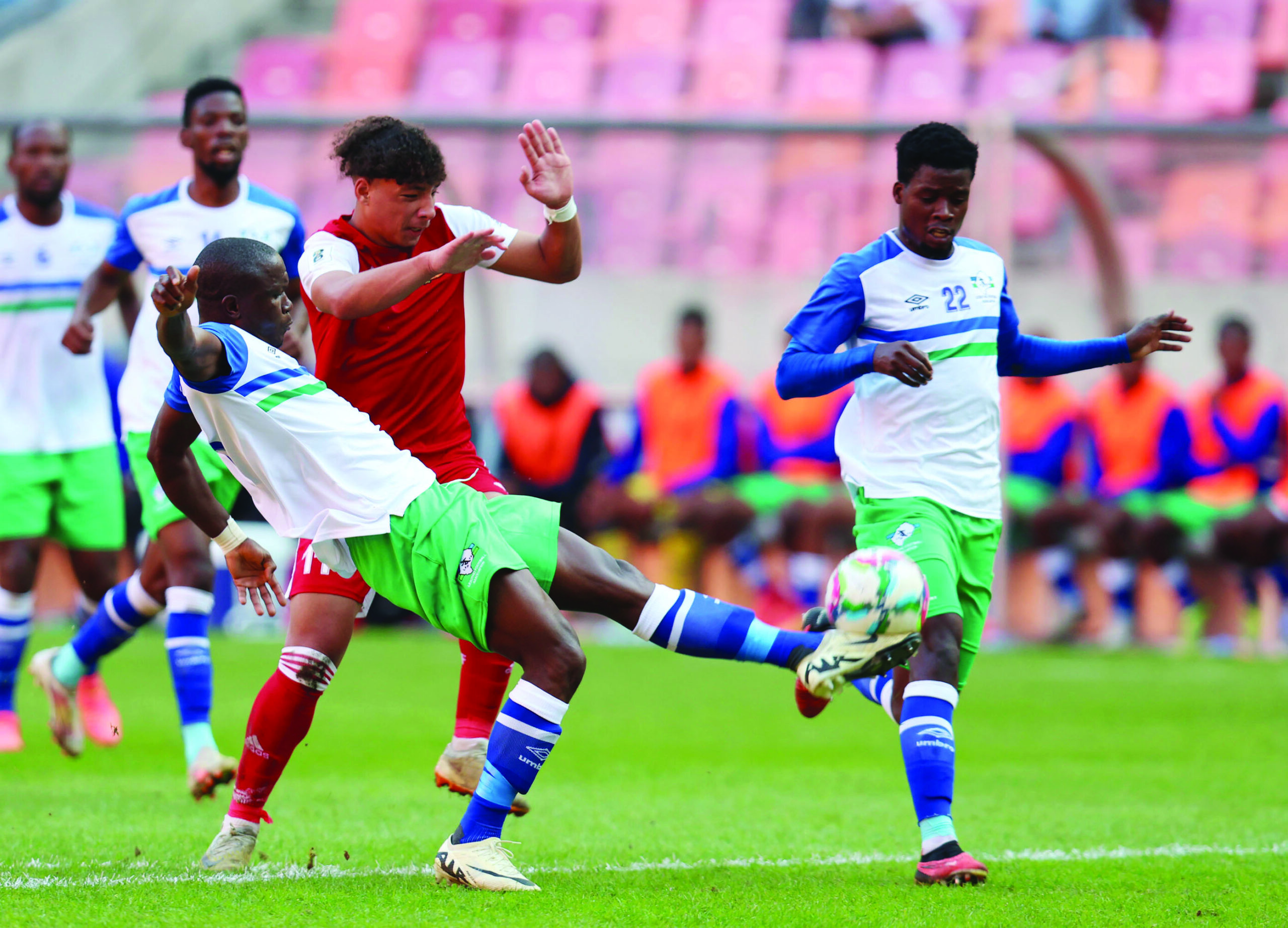For Lesotho, every inch on the football pitch has been gained the hard way. Mokhosi Mohapi is overseeing a revolution, from the National teams to improvements in the domestic league, academy and women’s football, all on a relative shoestring budget.
Lesotho is typical of several football nations in Africa that are forever having to punch above their weight, trying to create the ‘small wins’ that will lead to greater success in an industry where money talks.
Lesotho has a population of about 2.3 million. Compared to the bigger economies Nigeria, Egypt or neighbor South Africa, that would barely make up a smaller municipality.
And yet they play in the same international football competitions and strive for the same success as the giants on the continent, with far less resources, both in terms of players to pick from and finances.

They also do not have the large diaspora of fellow minnows Comoros or Cape Verde Islands from which to pick players who grew up in France or Portugal, so every inch gained on the football pitch is done the hard way.
Loading...
But they have had success. A 1-1 draw away in Nigeria in the current 2026 FIFA World Cup qualifiers was a seismic result that shocked the continent’s football.
They also managed a 2-0 win over regional powerhouse Zimbabwe in the same qualification campaign and finished runners-up in the 2023 COSAFA Cup, the southern African championship.
Leading this improvement is no-nonsense Lesotho Football Association (LFA) Secretary General Mokhosi Mohapi, who has the unenviable task of taking what resources he has and turning it into gold.
He is overseeing a revolution though, from the national teams to improvements in the domestic league, academy development and women’s football growth, all on a relative shoestring budget.
“We need to get better coaches, players placed in bigger leagues, a better domestic league and better development structures,” Mohapi tells FORBES AFRICA. “It is not that we have nothing, but we need to improve them all dramatically. We need to follow a set vision that places us right into what will be happening (in global football) in the next decade.”
One area he is targeting is sports science, which has come in vogue across Europe and many of the larger African countries.
“We are just playing football, we are not researching deeper into it,” he says. “I don’t understand how we are competing without using data and sport science, but we are doing well. Imagine how we will do when we start moving into that sphere like others are doing?
“Others [already using sports science] cannot get better than they are now, but we can. Much better.”
But the continued improvement of Lesotho football can only truly happen with more structured development and talent identification, and Mohapi reveals the country has opened a first academy using its own funds, a rarity on the continent.
“We have a residency academy in the Northern Districts and it is doing very well. They play in the fourth-tier and they haven’t lost a match. Remember, these are 12- or 13-year-olds. We put them there so they can train for a purpose [to play matches].
“While many countries are waiting for FIFA funding to start their academies, we decided to go on our own, otherwise it will still be stagnating like everyone else. So we thought, ‘let’s start it and see where we find ourselves’.
“I am sure that among the football associations of our size (in Africa), we are the first to start an academy without waiting for FIFA to come and bring resources.”
Many associations around Africa are propped up by government funds, but Mohapi says the LFA have long learned to stand on its own two feet.
“It’s clear government won’t help us, the economy is a bit weak in the country,” he says. “It won’t be able to sustain our dreams, so we have to do it from whatever we have as resources. On that basis, we have to learn how to work within our means, but also dream big,” he says.
Loading...
